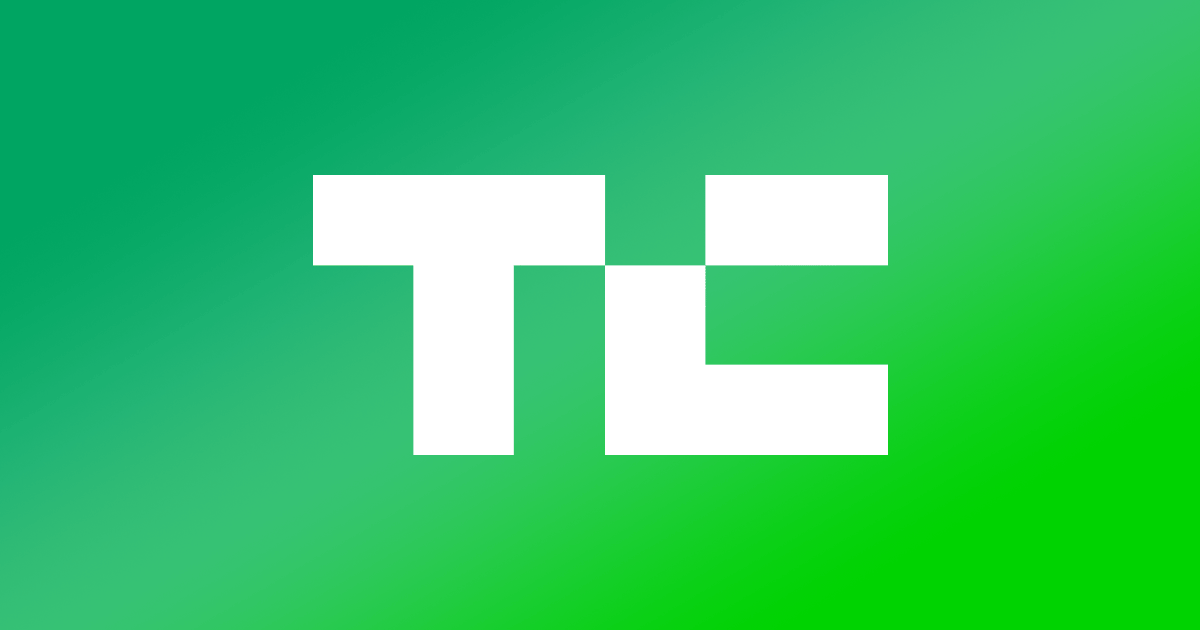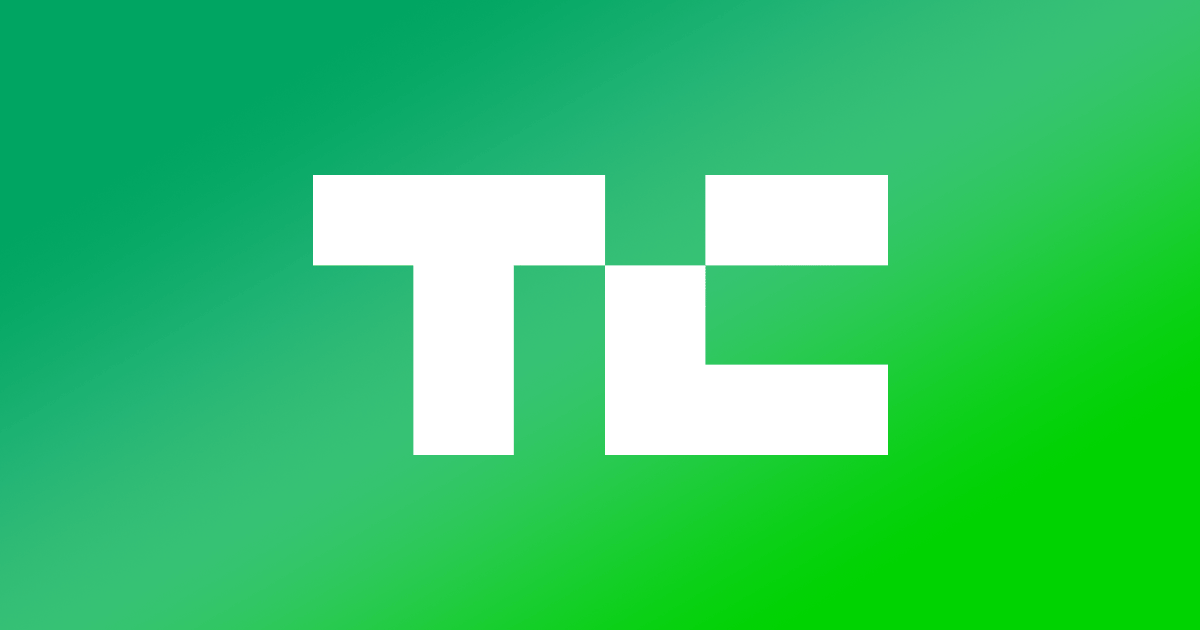
DocuSign priced its IPO Thursday evening at $29 per share, netting the company $629 million.
It was a better price than the e-signature company had been expecting. The initially proposed price range was $24 to $26 and then that was raised to $26 to $28.
The price gives the company a valuation of $4.4 billion on the eve of its public debut, above the $3 billion the company had raised for its last private round.
The IPO has been a long-time coming. Founded in 2003, DocuSign had raised over $500 million over the course of 15 years.
The company brought in $518.5 million in revenue for its fiscal year ending in 2018. This is up from $381.5 million last year and $250.5 million the year before. Losses for this year were $52.3 million, down from $115.4 million last year and, $122.6 million for 2016.
“We have a history of operating losses and may not achieve or sustain profitability in the future,” the company warned in the requisite “risk factors” section of the prospectus.
The filing reveals that Sigma Partners is the largest shareholder, owning 12.9% of the company. Ignition Partners owns 11.7% and Frazier Technology Ventures owns 7.2%.
DocuSign, competes HelloSign and Adobe Sign, among others, but has managed to sign up many of the largest enterprises. T-Mobile, Salesforce, Morgan Stanley and Bank of America are amongst its clients. It has a tiered business model, with companies paying more for added services.
HelloSign COO Whitney Bouck said that “this space is changing the way business is done at its foundation — we are finally realizing the future of digital business and exactly how much more profitable it can be by removing the friction caused by outdated technology and processes.” But she said that DocuSign should be wary of competitive “more nimble vendors that can provide more innovative, faster, and more user-friendly solutions at a cheaper price.”
DocuSign has gone through several management changes over the years. Dan Springer took over as CEO in early 2017, after running Responsys, which went public and then was later bought by Oracle for $1.5 billion. Chairman Keith Krach had been running the company since 2011. He was previously CEO of Ariba, which was acquired by SAP for $4.3 billion.


